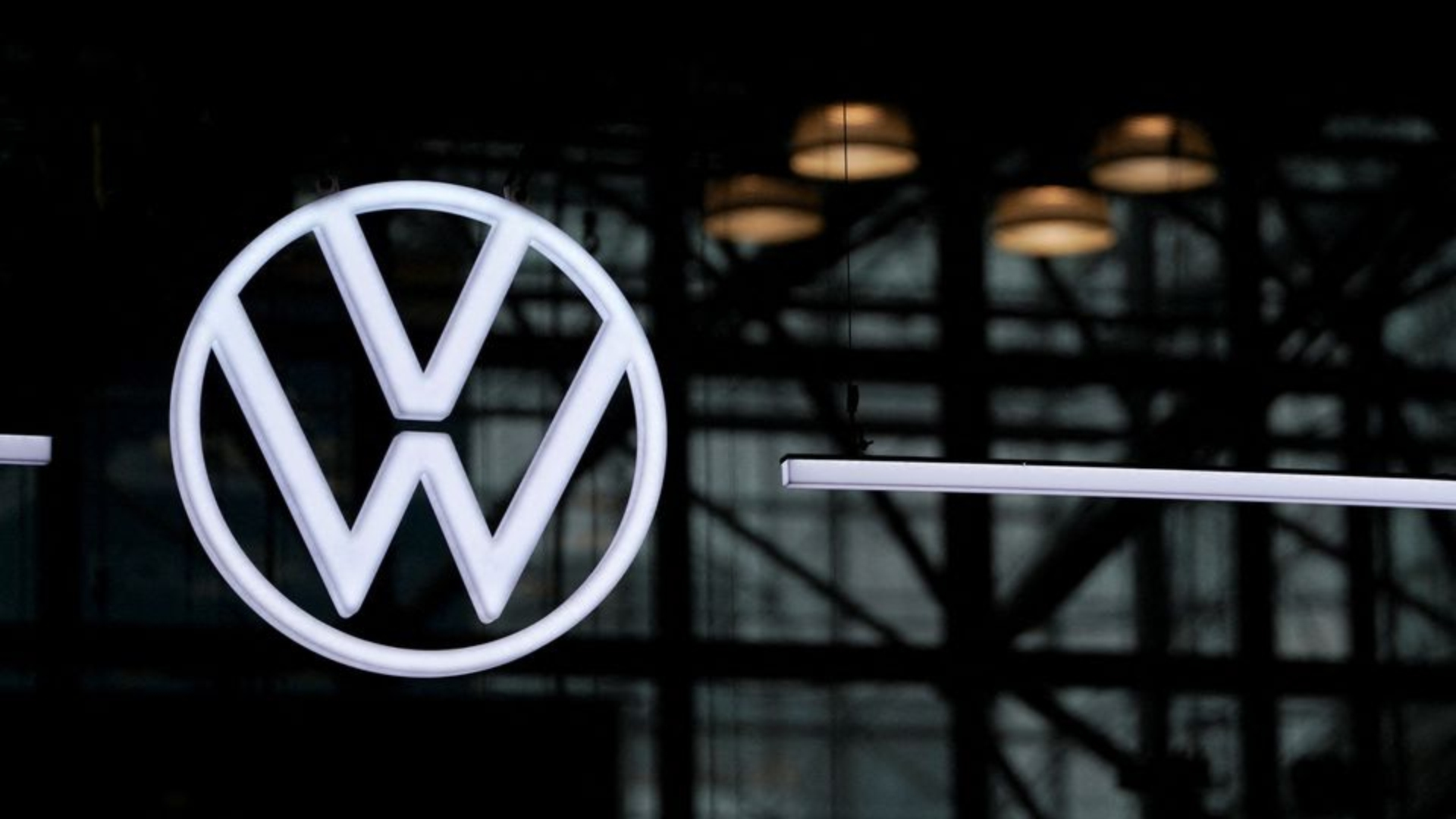PRAGUE, Nov 1 (Reuters) – German car group Volkswagen (VOWG_p.DE) will not make a decision on a fourth battery factory site for now, with demand for electric vehicles in Europe lagging expectations, Chairman Oliver Blume said on Wednesday.
Volkswagen has been looking at a possible site for a gigafactory for electric car batteries in eastern Europe and had already put off a decision a year ago when it was considering locations in the Czech Republic, Hungary, Poland or Slovakia.
It said earlier this year it was in no rush to make a decision.
Czech officials said on Wednesday they would start offering their proposed site for Volkswagen’s battery plant to other investors, saying they could not afford to wait any longer for a decision.
Volkswagen has already selected sites for battery cell production in Salzgitter (Germany), Valencia (Spain), and St. Thomas (Canada), which it said had combined production potential of up to 200 gigawatt-hours (GWh) per year.
“Based on market conditions, including the sluggish ramp up of the BEV (battery electric vehicle) market in Europe… there is for the time being no business rationale for deciding on further sites,” Blume said in a statement provided by Volkswagen’s Czech unit Skoda Auto.
Blume had met Czech officials this week as the country has pushed for the investment as it seeks to secure the future of its all-important car sector while the global vehicle industry shifts away from fossil fuels.
Volkswagen said it remained committed to e-mobility at Skoda Auto, which is the Czech Republic’s biggest exporter and an economic bellwether, and is running a programme to roll out new electric models in the coming years.
Prime Minister Petr Fiala said the country would begin concentrating on other projects. “We cannot continue to hold the land for this project,” Fiala told a news conference.
Industry minister Jozef Sikela said talks were happening with five investors, with two of those projects on a similar scale to Volkswagen’s plans.
Volkswagen joined a chorus of carmakers and analysts warning last week that demand for EVs is not developing as expected, with the German group’s own order book for EVs down to 150,000 in Europe from 300,000 last year.
(This story has been corrected to say order book, not intake, in paragraph 11)
Reporting by Jason Hovet Editing by Louise Heavens and Mark Potter











